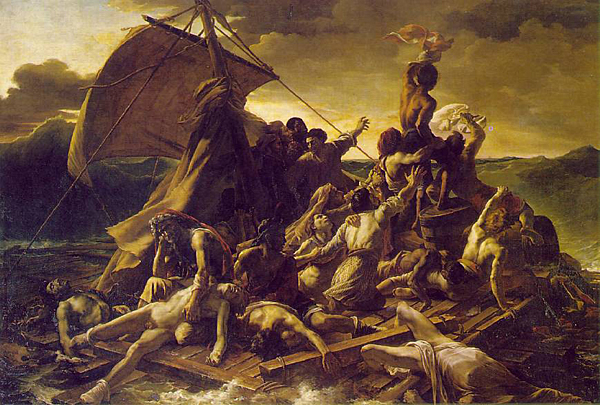 David Seaton's News Links
David Seaton's News LinksI am convinced that struggle to bring forth a universal public health system in the United States on European lines is the decisive battle in reforming the whole US body politic from top to bottom.
For anything to ever really change in the USA, it is fruitless to wait for operatives of the American political system to bring about that change. The reason is simple and obvious: those who hold public office have been able to use the system as it is to their advantage. Why should they want to change it? They will finally rubber stamp the changes that society itself has created through consciousness and action.
Change comes from those who are dissatisfied with the status quo, the quantity of dissatisfaction multiplied by the number of the dissatisfied provides the energy for change. Health care is literally a question of life or death. What greater commitment to change can there ever be than to change the conditions that threaten one's life? It is said that some 40,000,000 Americans have no health coverage: exposed to illness, death and humiliation. Multiply the energy of those 40,000,000 by the desire of those 40,000,000 to live and you have a fulcrum and a lever with which to move the world.
Many who read this will never have experienced such a public health system and may think it an unrealistic utopia. Let me give you an example from the Spanish health care system that I heard about today. I was talking to an Englishman who works as a political analysts for one of Spain's largest, multinational banks. Despite being a young man he suffers from arthritis. Once a month he goes to the hospital where he is given medicine that costs 1000 euros ($1,462.34) a treatment. The system spends about $17,550 a year so that he won't live in constant pain. It costs him nothing. The Spanish economy is doing nicely, Spain just passed Italy in per capita income, people dress well, live in nice houses and eat good food, this is not some "Marxist hell" like North Korea and the system manages to care for the health of all.
It would be interesting to do the math, but I imagine that you could pay for all treatments of all the Americans with acute arthritis forever and ever, world without end. Amen... for the cost of one stealth bomber. For the cost of one atomic powered aircraft carrier you could probably pay for all the generic medicine that all the ill of America could consume in a generation or more. Explain to someone that for the welfare and safety of the homeland he or she must wither away in agony and die unattended. The least they could do is send a Marine Corp bugler to play taps at the funeral of every pauper in America. Theirs is truly a sacrifice! Dulce et decorum est pro patria mori.
To sum up: there is critical mass for change in the American system. This critical mass is the urgent need for basic health care of many millions of people, who can vote, march, organize, go on strike, sit in, chain themselves to public buildings, block roads and do all the things the civil rights movement did in the 60s or for that matter what even Bolivian Indians do today when they want change. There are many teachers of the politics of change, beginning with Ghandi himself, for those who would like to take up the plow without looking behind them. DS
No comments:
Post a Comment